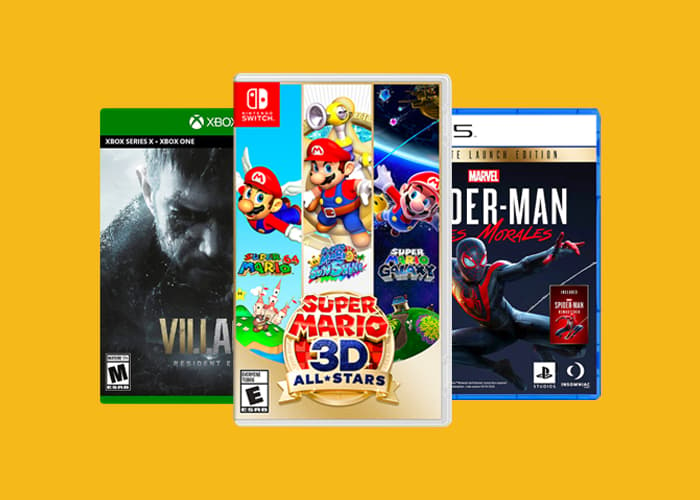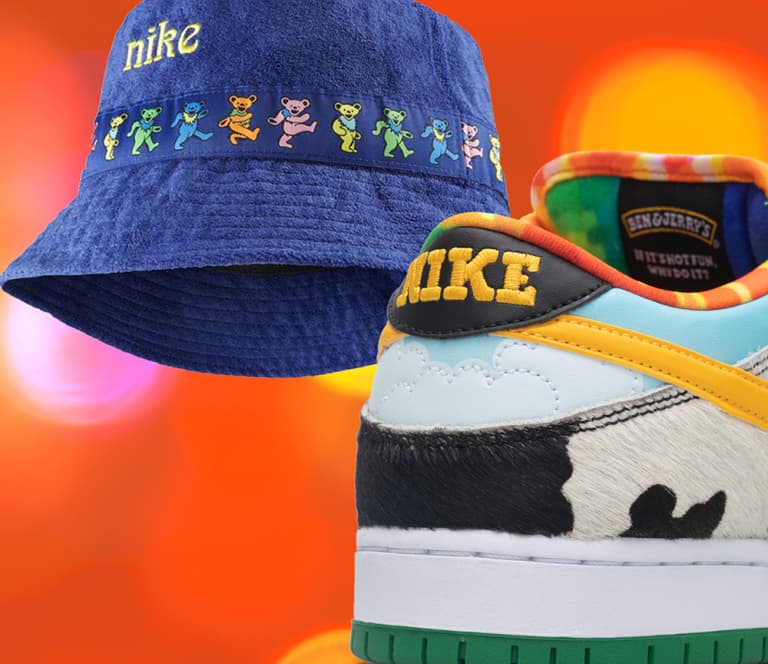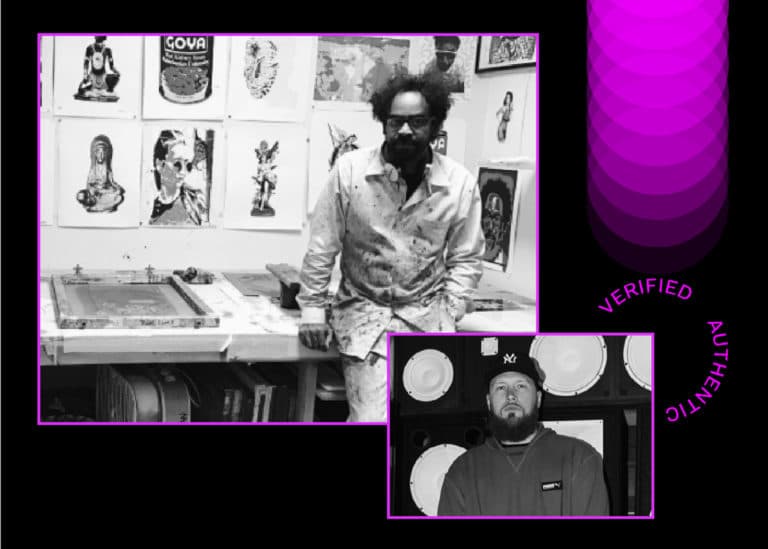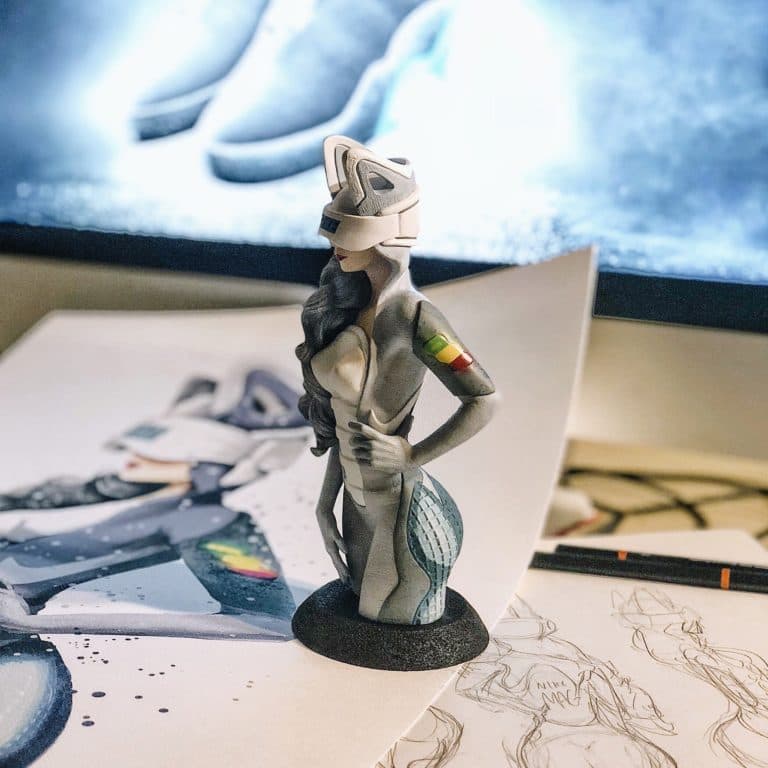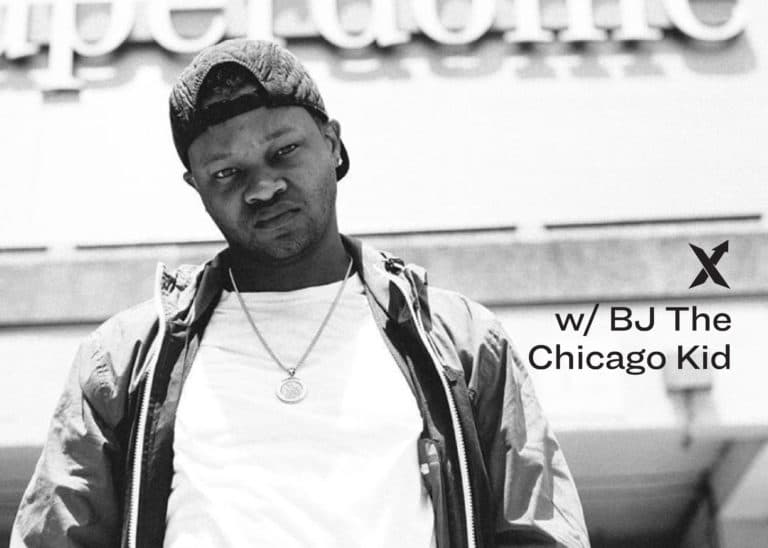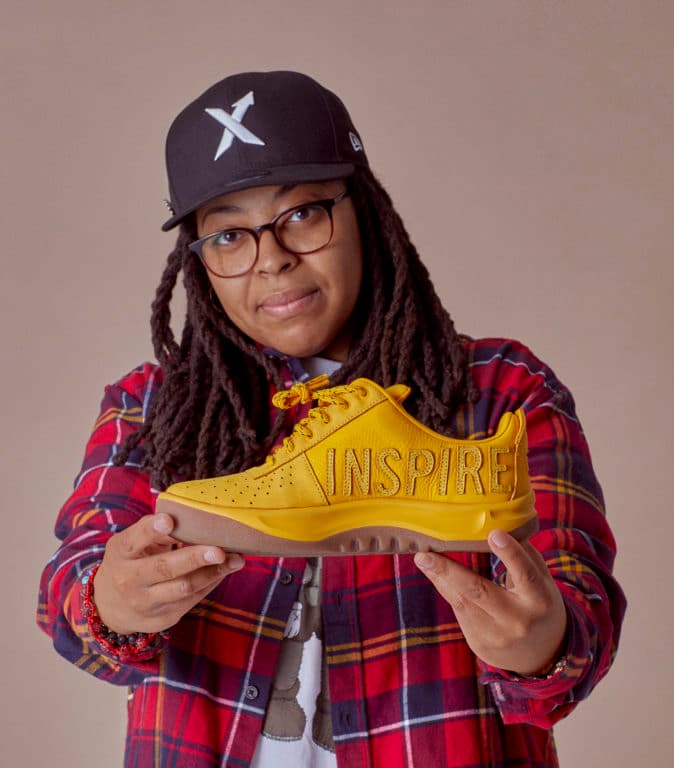Black History Month is an important celebration where everyone can come together to talk, share, listen, explore, and learn about the central importance of the black experience in American society.
For this installment, we talked with Akua from the customer service team.
The following interview has been lightly edited.
What was your first experience with Black History Month?
Black history is more than just a month to me. It’s a part of my everyday life. I was raised by a teacher, so black history was never a new concept to me. However, I did not know the depth of it until I was racially called out in early elementary school. I was sent home because of the way I reacted, which kind of threw me back, and at that early age I did not know what that person meant, but I was told that when people speak like that, they mean harm. After I snapped and was sent to the office, my mom came, looked at the principal and me, and told me I did nothing wrong and had nothing to apologize for. That was my first reality check that situations like these matter, and that was the day my mom started going more in-depth on our history, what it means, why certain words are bad, and why everyone might not be so nice.
How has Black History Month personally inspired you?
The history and the people that I’ve learned about and encountered are really what has inspired me. Black history inspires me to stand in my truth. It created a path for me and so many others to have so many opportunities and to go for our goals without limiting ourselves. It’s the reason why I can walk into any room and sit at any table without being afraid, ashamed, or questioning if I am supposed to be there. They made way for me to sit at these tables.
Why do you think Black History Month is so important?
I was a substitute teacher, and I had one student (that I am still in contact with) who I will never forget. One of my three rules for the class was that students are not allowed to say the n-word. I made that rule because we need to be aware of how we speak, who we’re around, and how we talk about ourselves and friends. This student was on his second strike, and after I spoke with him, he was furious, and it broke my heart because he kept asking, “Why does it matter? I have no history. I have no purpose. I’m just going to be another black boy dead on the street, so why are you making this a big deal?” I had to explain to him that he did have history, and the people in his life let him down because he wasn’t aware that so many people made a way for him, and for him to feel that way about himself was unacceptable. To interact with a youth who was not aware of how big his history is and the impact it’s had on this country was very eye-opening and really broke my heart.
You can’t celebrate the good without acknowledging the bad for black history, and I think that’s where issues with Black History Month are. People pick and choose what we celebrate, or we only talk about the same things. There’s so much that does not get spoken of, but the whole purpose of black history is to tell those untold stories. So we have to remember this month is about showing representation.
Why is it important for StockX to honor Black History Month?
Not many companies attempt to acknowledge the month. It’s either thrown to the wayside or not given the proper acknowledgment it deserves. StockX has so much diversity between its platform and workers, and I think it’s important for us to acknowledge the diversity. Celebrating Black History Month shows that culture in and around the company. It shows the diversity and pays homage to a part of history, society, and the overall workforce of this country.
What is Black History Month’s legacy?
Black History Month started in the 1920s as “Negro History Week” intending to bring the public’s attention to the important developments and merits of black people. But in 2020 it has been limited and selective on what we celebrate and talk about. A whiskey brand just recently started telling the untold story of Nathan “Nearest” Green, who was a black slave and who is the reason we have whiskey. Only in the last few years is when we learned this! The legacy is not in the month, but the people, the trials they endured, and their accomplishments. I think that the celebration of black history will become more diverse, and the topics and people we discuss will be broader. People will not hide, but embrace the impact that blacks have made in the past and will make in the years to come.
Be sure to check out more of our celebration of Black History Month.




